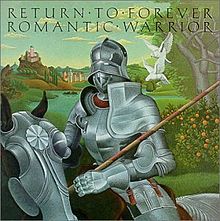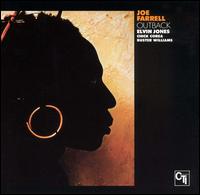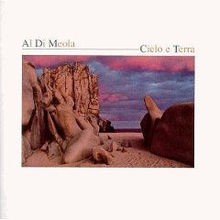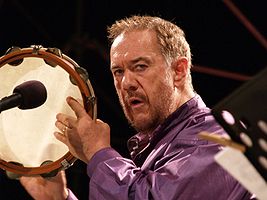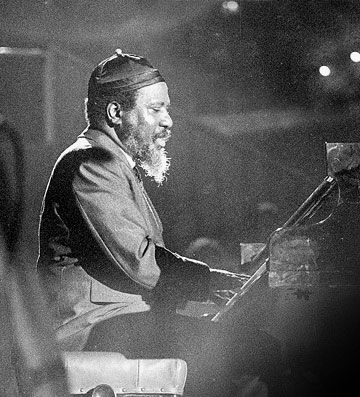| « What a Time to Lose a Camera! | Get Back On and Ride » |
Some Jazz You Need to Know
People say Jazz is hard. It isn’t true. It doesn’t even exist. It’s a flavour. The rhythms are kind of complex sometimes and the melodies do interesting things. It’s music that plays with itself. It has been almost a generation since I was a jazz DJ on CFSM University Radio, oh, so many years ago. The station is no longer there, I think. I’m not there now, and I’m hardly here anymore, as well. And I was happy then – a naive happiness – in a way I can never be happy now. I think. So I play the blues now. Why not? But Dan Grigor just interviewed Stanley Clarke, and so he just set me free. And I have returned to jazz. I have returned to forever.
Return to Forever: They formed in 1972 with Chick Corea, Stanley Clarke, Airto Moriera, Flora Purim, Joe Farrel, and later Al Dimeola. But I wanted to talk about Return to Forever because beginnings are really cool and Return to Forever was where I discovered jazz. I also wanted to say that that group, those members, and the label and individual that produced them, Creed Taylor, was the beginning of modern jazz. There are five albums here I want to mention. They shaped me, the way I felt and listened. Because when a person is young these things sink in.
About 30 years ago there was a used record store just up the street from a vegetarian sandwich shop in Halifax, Nova Scotia, which made these huge bean sprout and chili sandwiches. It’s probably all gone now. I live in Finland now and I am barely here anymore – playing the blues, eating badly and struggling with stiff bones and understanding keys and modes. But 30 years ago I can image I was thin, fit and full of energy, on a psychedelic trip listening to jazz fusion. Ah, the wonderful lies that memory tells. But the music I remember.
The first jazz albums I ever bought there were Return to Forever’s Romantic Warrior (Columbia), Joe Farrell’s Outback (Creed Taylor) , Airto Moriera’s Virgin Land and Identity (Creed Taylor), and Al Dimeola’s Cielo e Terra (Al Dimeola). People call them fusion albums. It’s not only a fusion of jazz and rock, it is fusion of electronics and acoustics and classical and Latin rhythms. One of the defining characteristics of all these albums is Airto Moriera, a Brazilian percussionist.
I said of Dan’s interview of Stanley Clarke that it set me free, because it opened up the floodgate of memory to all this stuff. Most jazz rhythms are – at their heart – very basic 4/4. But within that beat great complexity can be built – complexity that is made possible because of the simplicity at its root. And then melody lines grab you and twist your body and thread you through the needle’s eye.
So, as well as the blues - because the blues is easy, the blues is the heart – I have begun looking again at people like Thelonius Monk. I mean I have to because he was there before anybody else was and nobody will ever reach him. And to understand Thelonius you don’t listen to somebody cover him. You listen to the man on piano himself. Listening to Thelonius through others may be beautiful, but understanding it like that is like knowing Martians by studying human beings. So I am involved in something I may never touch. It is a bit like trying to know God. But Jazz is a place I have to be if I want to be part of the music. And Tao is the path, not the destination. So thank you, Dan, for setting me free.


